Australian Federal Police and Australian Defence Force go to war on ice, drugs in the Pacific
The war on drugs has taken Australia’s Federal Police and the Australian Defence Force to the Pacific, where five syndicates are bringing drugs to the streets of Sydney, Melbourne and Brisbane.
Crime in Focus
Don't miss out on the headlines from Crime in Focus. Followed categories will be added to My News.
Last month in the red coral reefs about Taro Island in the Solomon Islands, the luxury yacht looked out of place as it slunk into a small, uninhabited cove.
Its presence and the movement of the men on the deck raised suspicions and a local runner from an outlying village was sent to raise police. By the time officers on Taro went to the location the yacht had moved on.
“Maybe drugs, maybe something else but it definitely something illegal but they got away before we could get there,” a senior Taro police officer said as he surveyed the turquoise waters of the archipelago.
“There are a lot of movements here but we have not got the resources even radios to respond before they go on their way, we think probably to Australia and New Zealand with their drugs or whatever. This is why we need your (Australia) help.”
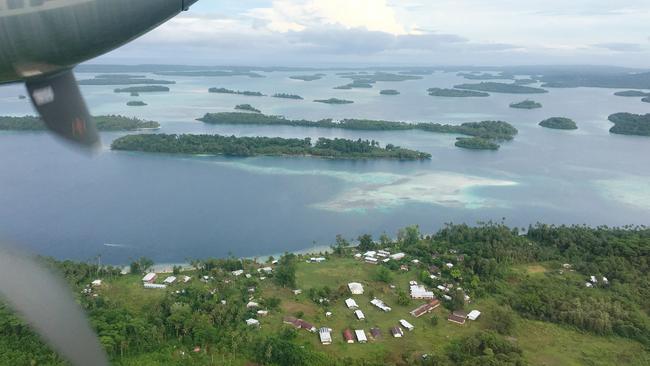
The incident a few months ago was not isolated and has increased in frequency in recent months and behind the scenes, Australia has moved to help.
This new year, the AFP and Australian Defence Force will unite to unprecedented levels on a combined mission to help counter parts combat transnational organised crime, specifically with yachts packed in the US and South America with drugs and sailing here.
The two agencies have joined forces numerous times previously but this is a more formalised arrangement to help other nations’ law enforcement and military to combat drugs, ultimately to help us.
The scourge of ‘ice’ is now ravaging some parts of the Pacific, notably Tonga where five syndicates are bringing crystal meth in from criminal affiliates in Sydney, Melbourne and Brisbane by skimming of shipments bound for Australia, for domestic use where it can sell for up to $377 a gram.
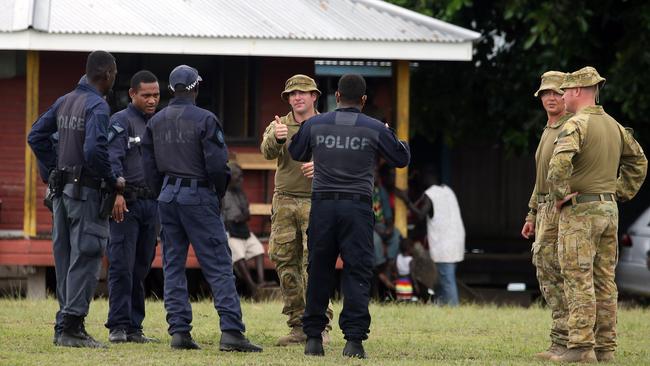
So the Australian-led program is two-fold, to help nations combat their own domestic drug issues through better intelligence sharing and training and also fight the movement of drugs offshore before they can come here.
“It’s what you will see a lot more off (in 2020) and is part of a broader strategy to work with partners and train them up to tackle these things themselves,” one ADF member, speaking on condition of anonymity, said as he joined the AFP and Solomon counterparts in an intelligence briefing.
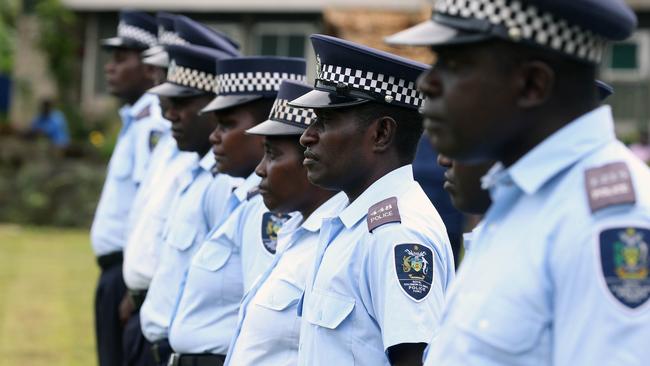
An Australian Federal Police intelligence note outlined the threat now posed about the Pacific with a significant rise in the incidence of islands being used as staging posts for the import of cocaine and crystal meth (ice) into Australia.
Before it was just sea containers with their hidden hauls, then mother ships offloading drug bundles to smaller vessels and now yachts.
The threat is two-fold, not just with the lack of detection of yachts and other smuggling vessels hiding about the Pacific waiting to launch runs to Australia but also selling some of their stock to Pacific communities, notably to Tonga and Solomons to devastating effect.
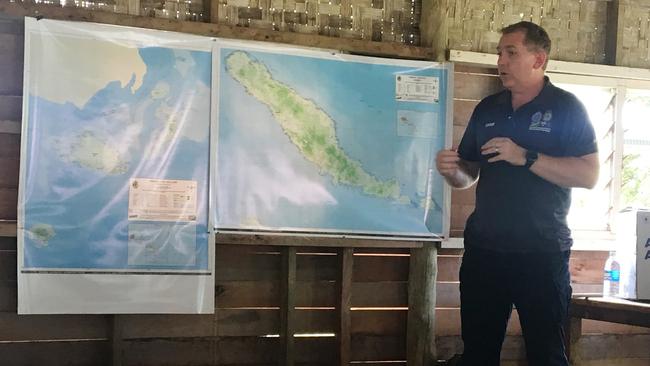
MORE NEWS
Crazy thieves target Aussies in Bali
The hi-tech lab tracking Australia’s cocaine
Australia’s new bikie ice age — is it near you?
Mexico’s top cocaine cartel infiltrates Australia
“There is a problem here and we are looking at that,” AFP deputy commissioner Neil Gaughan told News Corp Australia.
“We are doing a task force with Tonga, Fiji, New Zealand and Australia and doing some work guys there. We’ve been telling them they are a transit point and now they have got a market as well. The task force will involve intelligence sharing, the targeting of people in broking the gear to move it on.”
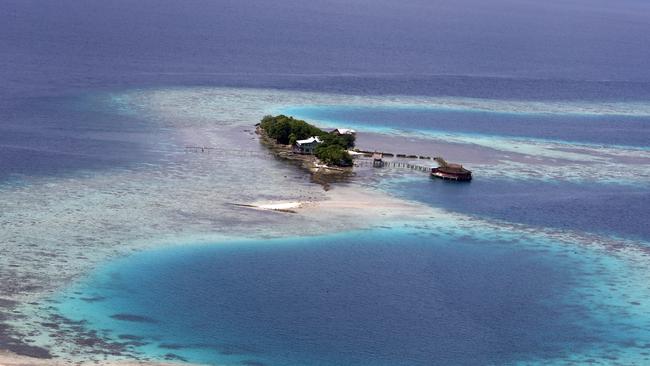
Australian law enforcement is also now having closer ties with Samoa with numerous drugs issues there, in part created by criminals deported from here re-establishing criminal enterprise in their home countries.
Solomon Minister for Police, National Security and Correctional Services Lanelle Tanangada said the increased liaison between the AFP, ADF and her forces was more than welcome.
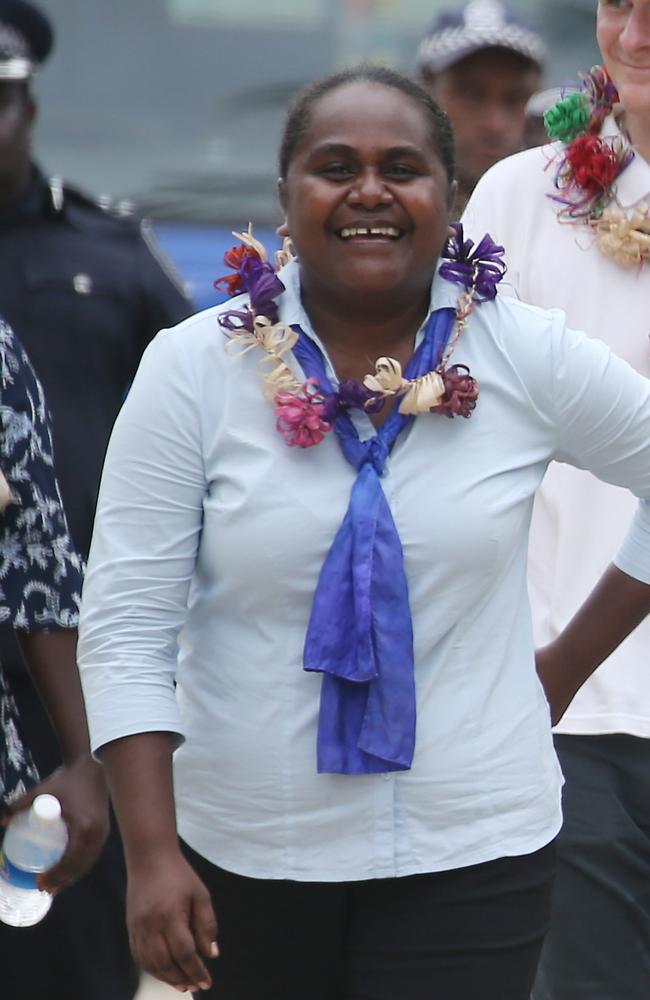
“We do see the need in stepping-up security and to look at transnational crime,” she said. “We are seeing methamphetamine here which is a problem and other drugs so border management is important, it is part of our national security strategy and that makes these relationships (with Australia) valuable.”
Defence Minister Linda Reynolds has been spearheading the program to use the ADF more in the region as part of the Federal Government’s $1.4 billion Pacific Step-Up program.
“It’s about bolstering capacity and interoperability across the Pacific and responding to requests for things like training as they (Pacific leaders) require and request,” she said.
That requirement involves the gifting of 21 Guardian-class patrol boats to 12 Pacific nations and nations like Timor. So far five have been delivered with a complete crew training package.

On the ADF-AFP closer relationship, Senator Reynolds said it was a natural fit and the public only had to see what the Royal Australian Navy had achieved in the Middle East with a record number of drug seizures through the year.
It is that sort of experience now backed by AFP intelligence that is to be applied to the Pacific.
“Interoperability in weapons and tactics and security in the Pacific is in everyone’s interest and the interest of democracy,” she said.
